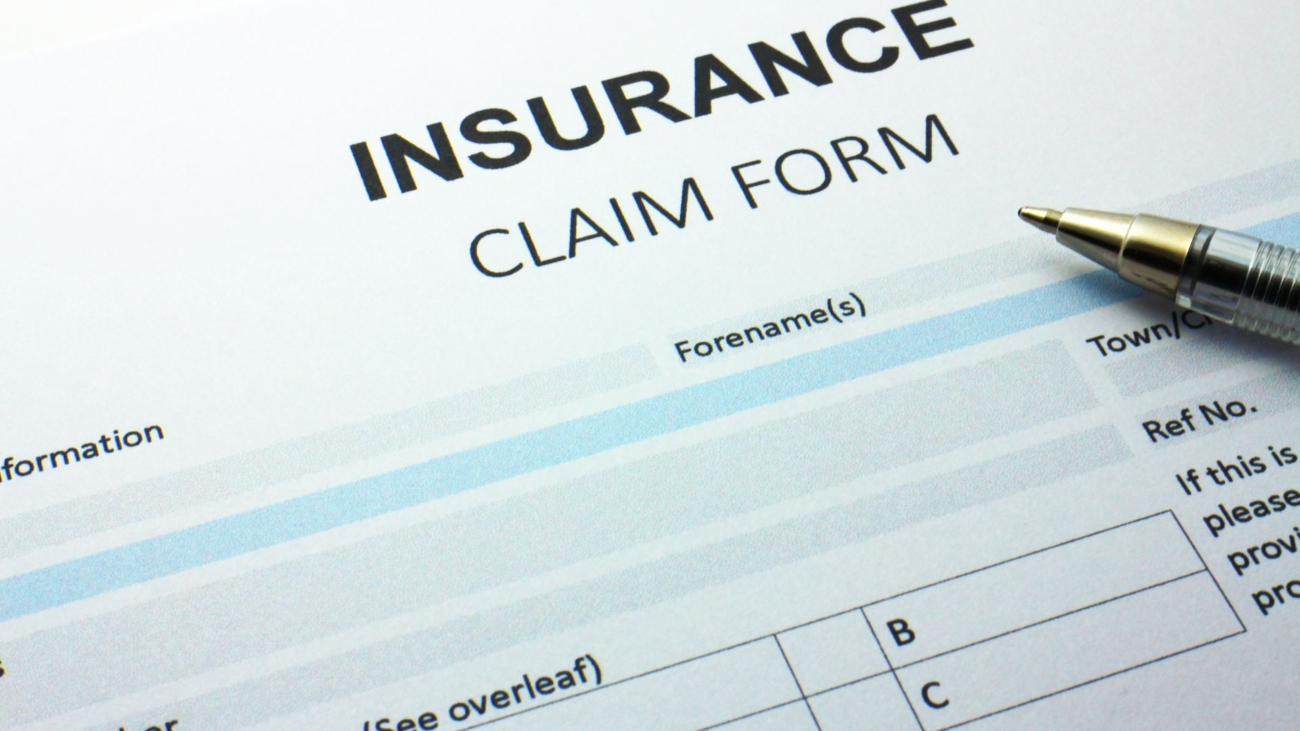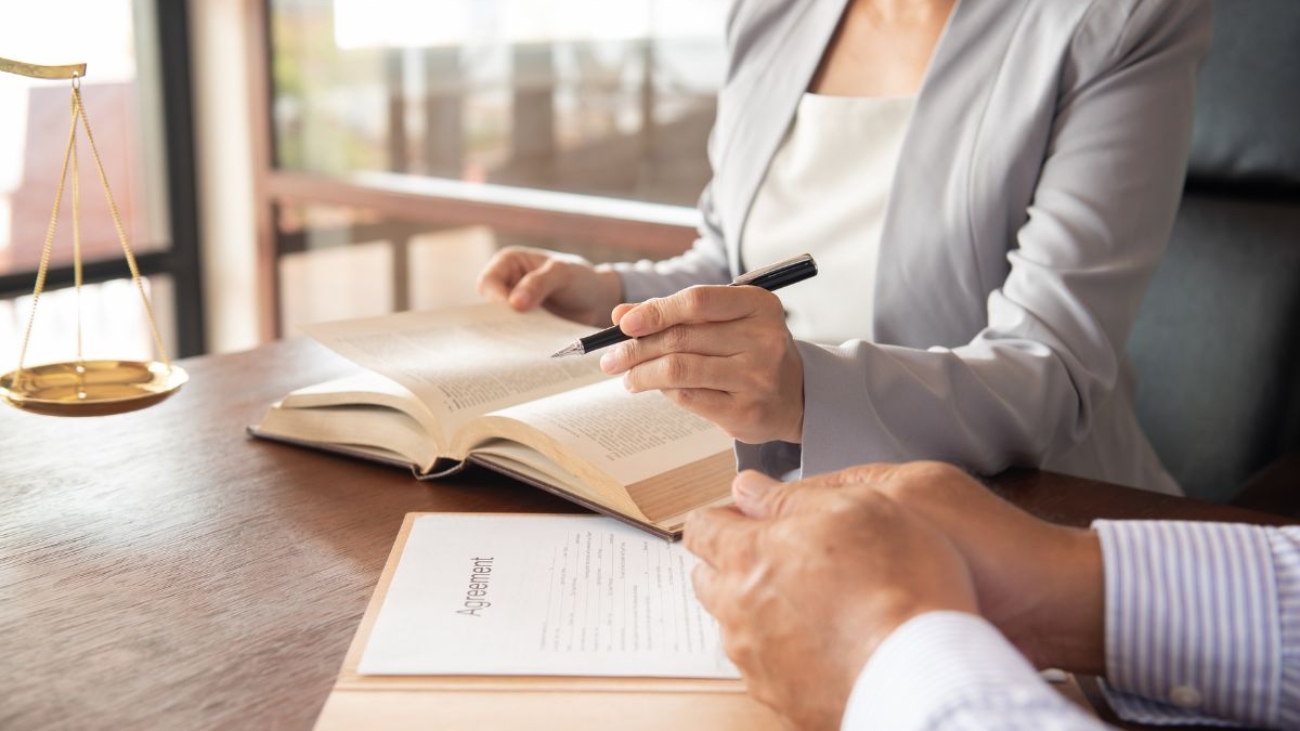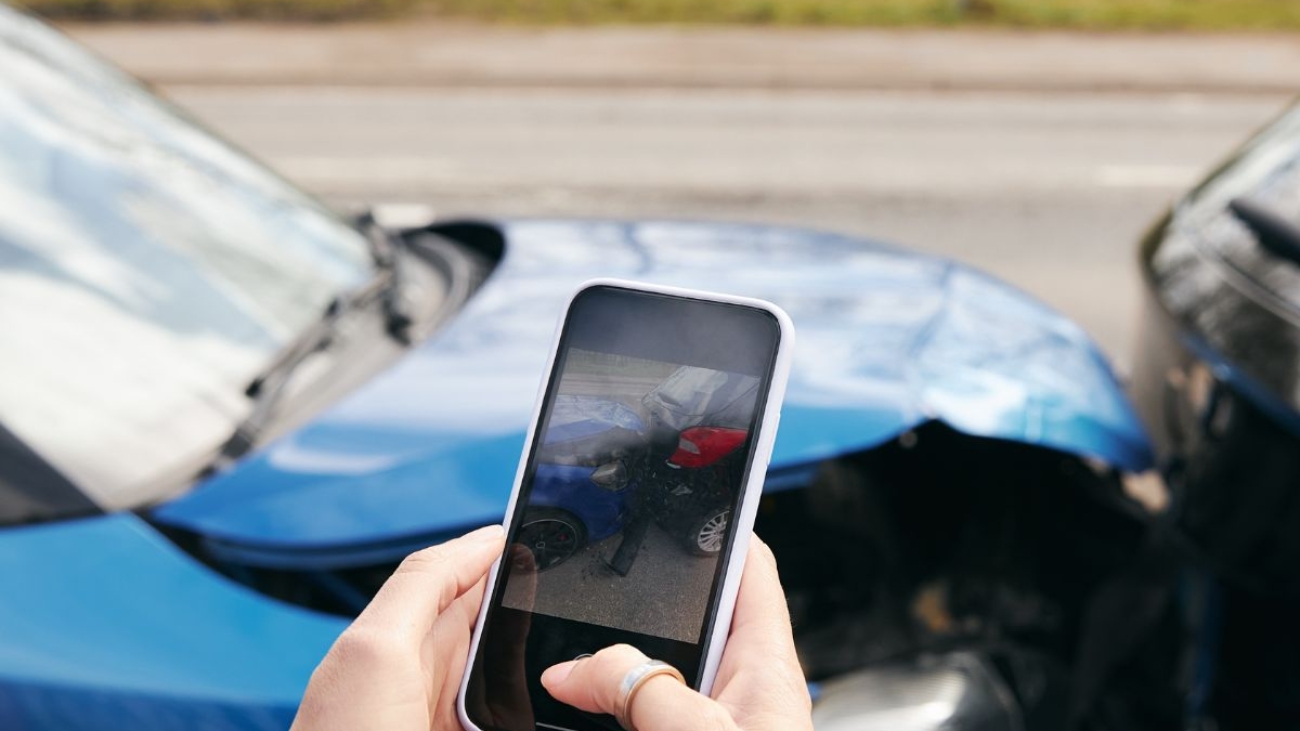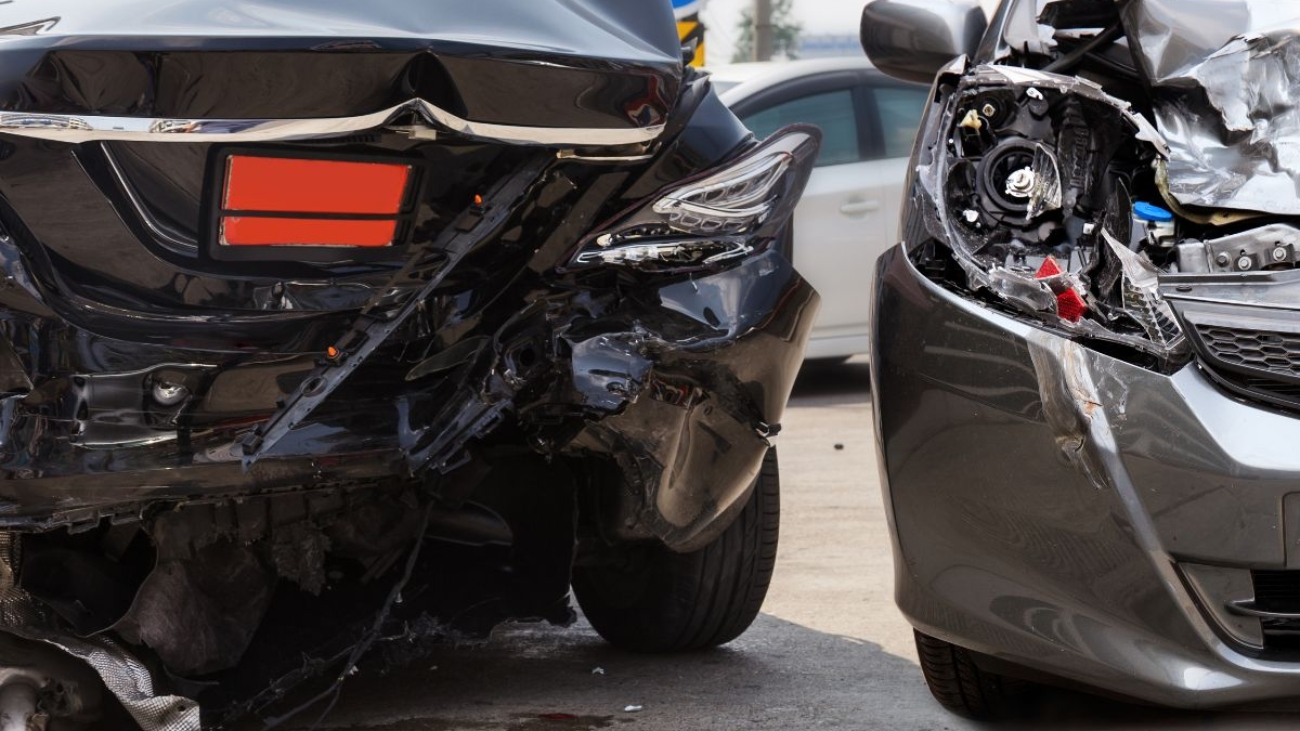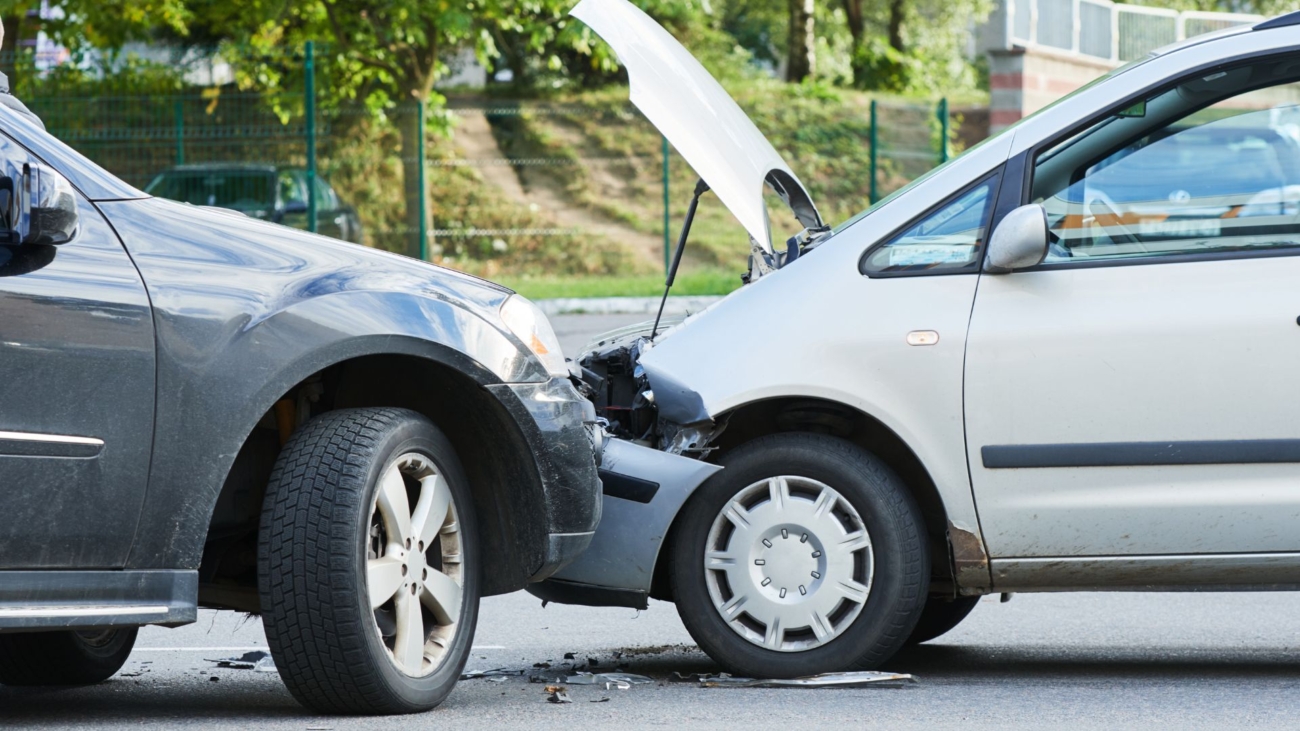Filing an insurance claim after a car injury can be a daunting task. From understanding your policy coverage to navigating the intricate steps of filing a claim, the process can seem overwhelming. However, with the right guidance and knowledge of insurance filing steps, you can ensure that you receive the compensation you deserve. In this ultimate guide, we will break down the necessary steps to filing an insurance claim and provide policy coverage guidance to help you navigate through the process with ease. Whether you are a first-time claimant or have previous experience with insurance claims, this guide will serve as a valuable resource to help you navigate through the complex world of insurance.
Understand Your Insurance Policy Terms
Understanding the terms of your insurance policy is crucial when it comes to filing a claim after a car injury. By familiarizing yourself with the coverage and limitations outlined in your policy, you can ensure that you are properly compensated for your damages. In this section, we will provide you with a claim process overview and offer helpful tips to assist you in understanding your insurance policy terms.
First and foremost, it is essential to carefully review your insurance policy. Take the time to thoroughly read through the terms and conditions, paying close attention to the coverage details. Familiarize yourself with the types of damages and losses that are covered, as well as any exclusions or limitations that may apply. This will help you understand what expenses and losses are eligible for compensation and what may not be covered.
In addition to understanding your coverage, it is important to know your policyholder rights. Familiarize yourself with your rights as a policyholder, including your right to file a claim, the time frame for filing, and the steps involved in the claims process. Knowing your rights can empower you to navigate the claims process more confidently and ensure that you are treated fairly by your insurance company.
To further assist you in understanding your insurance policy terms, we have created a coverage documentation checklist. This checklist outlines the key details and information you should gather when documenting your claim. It includes items such as the policy number, the date of the accident, and a description of the damages. By completing this checklist, you will have a comprehensive record of your claim, which can be beneficial when filing your claim and providing evidence to support your case.
Lastly, we offer claim submission advice to help you effectively communicate with your insurance company. This includes providing clear and concise documentation, accurately reporting the details of the accident, and promptly submitting any required forms or paperwork. By following these tips, you can ensure that your claim is properly processed and that you provide all necessary information to support your case.
Understanding your insurance policy terms is a crucial step in the claims process. By reviewing your coverage, knowing your policyholder rights, using our coverage documentation checklist, and following our claim submission advice, you will be well-equipped to navigate the complex world of insurance claims. In the next section, we will discuss the importance of promptly notifying your insurance company after a car injury.
Promptly Notify Your Insurance Company
When it comes to filing an insurance claim after a car injury, one of the most important steps is promptly notifying your insurance company. This is crucial because insurance companies often have specific time frames within which you must report the incident. Failing to notify them in a timely manner can result in your claim being denied.
To ensure you meet the notification requirements, it’s essential to understand the claim process overview provided by your insurance company. This will outline the steps you need to take, including notifying them of the accident, gathering necessary documentation, and submitting your claim. Familiarize yourself with this process so that you can act promptly and efficiently.
To further assist you, we have compiled a list of claims assistance tips. These tips will help you navigate the process of notifying your insurance company with ease. One key tip is to report the incident as soon as possible. By doing so, you not only meet the requirements set by your insurance company, but you also ensure that your claim is fresh in your mind, making it easier to provide accurate and detailed information.
Additionally, we offer a policyholder rights overview. Knowing your rights as a policyholder is essential during the claims process, and this includes your right to notify your insurance company in a timely manner. By understanding your rights, you can advocate for yourself and ensure that your claim is handled properly.
When notifying your insurance company, it’s crucial to provide accurate and thorough information about the accident. This includes details such as the date, time, and location of the incident, as well as a description of what happened. Be honest and forthcoming, as providing false or misleading information can jeopardize your claim.
Promptly notifying your insurance company is a vital step in the claims process. By understanding the claim process overview, following our claims assistance tips, and knowing your policyholder rights, you can ensure that you fulfill your obligations and set your claim up for success.
Document Everything Carefully
When it comes to filing an insurance claim after a car injury, one of the most crucial steps is to document everything carefully. This means gathering and preserving all relevant information, evidence, and documentation related to your accident and subsequent damages. Documenting everything carefully is vital because it provides a thorough record of your claim, which can be beneficial when dealing with your insurance company and ensuring you receive the compensation you deserve.
To start, make sure you collect all necessary information about the accident itself. This includes noting the date, time, and location of the incident, as well as the names and contact information of any involved parties or witnesses. Take pictures of the accident scene, capturing the damage to your vehicle, any other vehicles involved, and any other relevant factors, such as road conditions or traffic signs. These visual records can be powerful evidence when it comes to substantiating your claim.
Additionally, it is essential to keep detailed records of all medical treatment you receive as a result of the accident. This includes medical bills, prescriptions, and any other related expenses. Keep a record of all appointments, treatments, and diagnoses you receive, as well as any notes or instructions from healthcare professionals. This documentation not only helps prove the extent of your injuries but also ensures you are reimbursed for all medical expenses.
Don’t forget to keep records of any property damage or other losses you experience due to the accident. This includes repair estimates or invoices for vehicle repairs, receipts for damaged personal belongings, and any other documentation related to the financial impact of the accident. Keeping these records organized and readily accessible will make it easier for you to provide accurate information and evidence to support your claim.
Throughout the process, remember to document any communication you have with your insurance company or other parties involved in your claim. Keep a record of dates, times, and summaries of phone calls or in-person meetings, as well as copies of any correspondence, such as emails or letters. These records can be essential if any disputes or discrepancies arise during the claims process.
File Your Claim As Soon As Possible
Filing your insurance claim as soon as possible is a critical step in the claims process. Time is of the essence when it comes to reporting a car injury, as insurance companies often have specific time frames within which you must file your claim. Failing to do so within the designated period can result in your claim being denied, leaving you without the compensation you deserve.
By promptly filing your claim, you not only meet the requirements set by your insurance company but also ensure that your case is fresh in your mind. This allows you to provide accurate and detailed information about the accident, which can strengthen your claim and increase your chances of a successful outcome.
To help you navigate the process of filing your claim as soon as possible, we offer valuable tips and guidance. It is essential to understand the claim process overview provided by your insurance company. This will outline the steps you need to take, including gathering necessary documentation, filling out claim forms, and submitting your claim. By familiarizing yourself with this process, you can act efficiently and avoid any unnecessary delays.
Additionally, we provide a policyholder rights overview, which includes your right to file a claim within a specific timeframe. Knowing your rights empowers you to advocate for yourself and ensures that your insurance company handles your claim in a timely manner.
When filing your claim, be sure to provide accurate and detailed information about the accident. This includes the date, time, and location of the incident, as well as a description of what happened. It is crucial to be honest and forthcoming, as providing false or misleading information can jeopardize your claim.
By filing your claim as soon as possible, you set yourself up for a smooth and efficient claims process. Remember to familiarize yourself with the claim process overview, know your policyholder rights, and provide accurate information about the accident. Taking these steps will help ensure that your claim is processed promptly and that you receive the compensation you deserve.
Cooperate with the Insurance Adjuster
Cooperating with the insurance adjuster is a crucial step in the insurance claims process after a car injury. The adjuster is responsible for assessing your damages and determining the amount of compensation you are entitled to. By working together and providing the necessary information, you can ensure that your claim is processed smoothly and efficiently.
First and foremost, it is important to respond promptly to any communication from the insurance adjuster. This includes phone calls, emails, or any requests for additional information or documentation. By being responsive, you show your commitment to resolving the claim in a timely manner.
During your interactions with the insurance adjuster, it is essential to be honest and transparent. Provide accurate and detailed information about the accident and the extent of your injuries or damages. This includes sharing any relevant medical records, receipts, or invoices to support your claim. Honesty is key in building trust with the adjuster and demonstrating the validity of your claim.
It is also important to maintain clear and open communication throughout the process. If you have any questions or concerns, don’t hesitate to ask the adjuster for clarification. By staying informed and involved in the process, you can ensure that your interests are being properly represented.
While cooperating with the adjuster, it is important to remember that their goal is to minimize the payout for the insurance company. This means they may attempt to undervalue your claim or find reasons to deny it altogether. It is crucial to be aware of your rights and advocate for yourself if you believe you are not being treated fairly. Consider consulting with a personal injury attorney who can provide guidance and protect your interests.
Lastly, it is important to keep a record of all your interactions with the adjuster. This includes noting the date, time, and summary of any conversations or correspondence. By keeping detailed records, you can refer back to them if any disputes or discrepancies arise during the claims process.
By cooperating with the insurance adjuster, providing accurate information, and maintaining open communication, you can increase the likelihood of a fair and successful resolution to your claim. Remember, the adjuster is not your enemy, but rather a key player in the process of receiving the compensation you deserve.
Understand the Settlement Offer
Understanding the settlement offer is a critical step in the insurance claims process after a car injury. Once you have filed your claim and provided all necessary documentation, the insurance company will evaluate your case and make a settlement offer. This offer represents the amount of compensation they are willing to provide to resolve your claim.
When you receive a settlement offer, it is essential to thoroughly review and understand the terms and conditions outlined. The offer should include a detailed breakdown of the amount being offered, as well as any conditions or stipulations that may apply. Take the time to carefully read through the offer and ask for clarification if needed.
While reviewing the settlement offer, consider whether it adequately covers all your damages and losses. Compare the offer to the extent of your injuries, the cost of medical treatment, the repairs needed for your vehicle, and any other related expenses. If you believe the offer is insufficient, you have the right to negotiate for a higher amount.
It is important to remember that the insurance company’s goal is to settle the claim for as little as possible. They may offer a low initial settlement in hopes that you will accept it without questioning or negotiating. Don’t be afraid to push back and advocate for yourself. Consider consulting with a personal injury attorney who can provide guidance on whether the offer is fair and help you negotiate for a better settlement.
When evaluating the settlement offer, also take into account the potential long-term consequences. Once you accept a settlement, you generally forfeit your right to pursue further legal action for the same incident. Consider whether the offer adequately compensates you for any future medical expenses or ongoing pain and suffering.
Remember, you have the right to take your time to review and consider the settlement offer. Don’t rush into accepting or rejecting it. Carefully weigh your options, consult with legal professionals if needed, and make an informed decision that aligns with your best interests.
Understanding the settlement offer is crucial to ensure that you receive fair compensation for your car injury claim. Take the time to review the offer, compare it to your damages, and consider potential long-term consequences. By advocating for yourself and seeking professional guidance, you can make an informed decision that protects your rights and best interests.
Review the Settlement Agreement Carefully
Reviewing the settlement agreement carefully is a crucial step in the insurance claims process after a car injury. This is the final offer made by the insurance company to resolve your claim, and it’s important to thoroughly understand the terms and conditions before accepting or rejecting it.
When you receive the settlement agreement, take the time to read through it attentively. Pay close attention to the amount being offered and the breakdown of how that amount is determined. Look for any conditions or stipulations that may be included, such as a release of liability or a confidentiality agreement.
While reviewing the settlement agreement, consider whether it adequately compensates you for your damages and losses. Compare the offer to the extent of your injuries, the cost of medical treatment, the repairs needed for your vehicle, and any other related expenses. If you believe the offer is insufficient, you have the right to negotiate for a higher amount.
It’s important to remember that the insurance company’s initial offer is often lower than what they are willing to pay. They may be testing the waters to see if you will accept the offer without question. Don’t be afraid to push back and negotiate for a better settlement. Consult with a personal injury attorney who can provide guidance on whether the offer is fair and help you navigate the negotiation process.
When evaluating the settlement agreement, also consider the potential long-term consequences. Accepting a settlement typically means that you forfeit your right to pursue further legal action for the same incident. Think about whether the offer adequately compensates you for any future medical expenses or ongoing pain and suffering.
Take your time to review and consider the settlement agreement. Don’t rush into accepting or rejecting it. Carefully weigh your options, seek professional advice if needed, and make an informed decision that aligns with your best interests.
Remember, the settlement agreement is the final step in the insurance claims process, and it’s crucial to ensure that you receive fair compensation for your car injury claim. By reviewing the agreement, comparing it to your damages, and considering the long-term implications, you can make an informed decision that protects your rights and best interests.

